GENERAL INFORMATION
Background and Scope
Linear Parameter Varying (LPV) use state-space representations that depend on time varying parameters to represent several types of dynamical systems such as time varying uncertain, non-linear, switching or multi models. LPV modelling allows also for the design of the so-called LPV controllers, where the control parameters are updated according to the measurable plant varying parameters.
In the last 2 decades, LPV systems and control have been an active topic of research in the control systems community. Motivated by this fact, the first IFAC LPVS has been organised in Grenoble, France (2015). Next editions took place in 2018 Florianopolis (Brazil), 2019 Eindhoven (Netherlands), 2021 Milan (Italy), 2022 Montreal (Canada).
This 6th edition of the workshop follows the tradition of its five successful previous ones and aims at presenting new results in the field of LPV systems and their applications in real life problems, by bringing together experts from different countries to discuss new trends, exchange new ideas, establish fruitful contacts, and promote interactions among the various fields of interest. The presentation of papers dealing with the application of the LPV models as well as LPV control strategies to practical setups and industry issued papers is also strongly encouraged.
Workshop topics of interest
With emphasis being on current challenges and new directions in development of theoretical and computational tools for versatile practical applications implemented on advanced control systems (networked, embedded, distributed control systems), the interest of the event include the following topics, but are not limited to:
- Robust stability and performance
- Mu-analysis and synthesis
- Structured and unstructured uncertainties
- Robust model predictive control
- Robust adaptive control
- Robust nonlinear control
- Model and controller reduction
- Identification for robust control
- H-infinity identification
- Iterative identification and control
- H-infinity and optimal estimation
- Quantitative feedback theory
- Frequency domain methods
- LMI and convex optimization
- Computational methods
- Fault detection in Uncertain Systems
- Robust control for distributed parameter systems
- Optimal control and dynamic optimization
- Hybrid systems control
- Networked Systems (coordinated control, cooperation, control under communication constraints, etc.)
- Control applications (e.g., aerospace, automotive, process control, mechatronics, communications, system biology, power systems, power electronics, electrical machines, etc.)
Main IFAC sponsoring Technical Committees
- 2.2 Linear Control Systems
IFAC co-sponsoring technical Committees
- 1.1 Modelling, Identification and Signal Processing
- 2.5 Robust Control
- 6.4 Fault Detection,Supervision & Safety of Technical Processes
- 7.2 Marine Systems
- 7.3 Aerospace
- 9.4 Control Education
National Organizing Committee
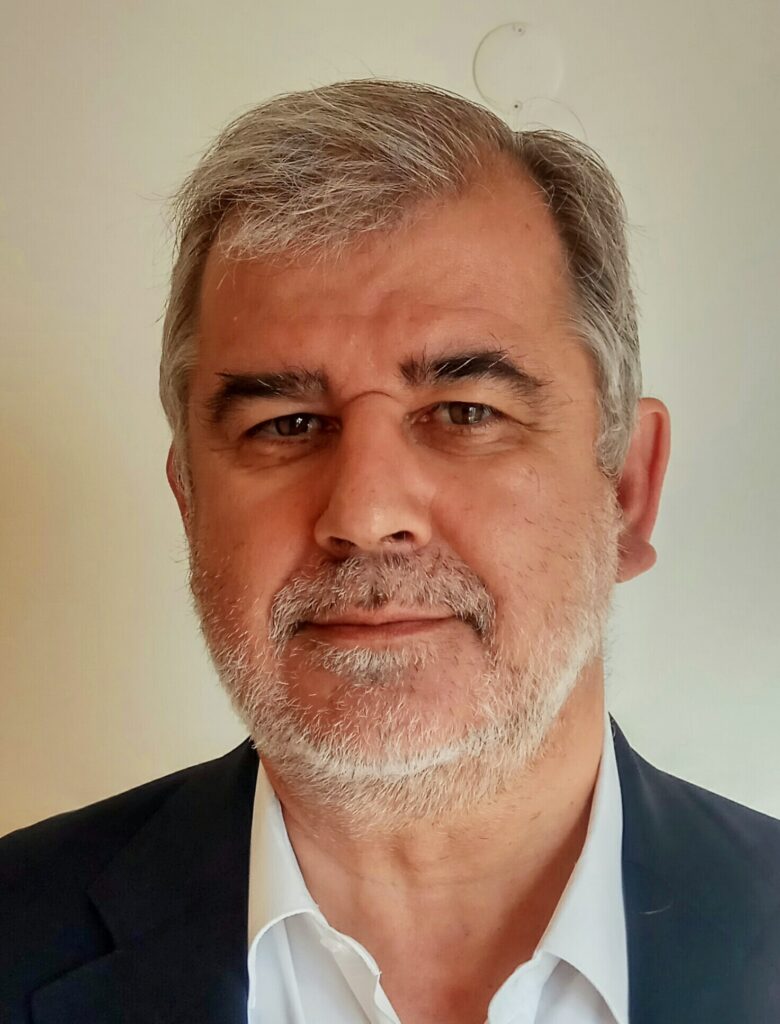
NOC Chair
Paulo Lopes dos Santos
(Portugal, Porto, University of Porto / INESC TEC)
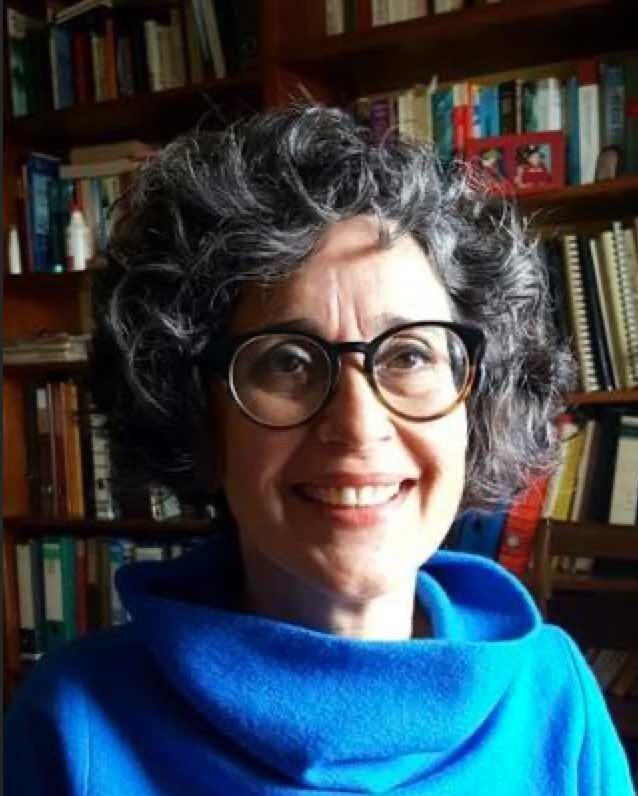
NOC Co-Chair
T-P Azevedo Perdicoúlis
(Portugal, Vila Real, University of Trás-os-Montes e Alto Douro)

NOC Vice-Chair from industry
José Mendonça
(Portugal, Porto, INESC TEC)

Local Arrangements Chairs
Betina Campos Neves
(Portugal, Porto, Polytechnical Institute of Porto)
Margarida Ferreira
(Portugal, Porto, University of Porto)

Registration Chair
Rosário Pinho
(Portugal, Porto, University of Porto)

Finance Chair
Nuno Cruz
(Portugal, Porto, University of Porto / INESC TEC)
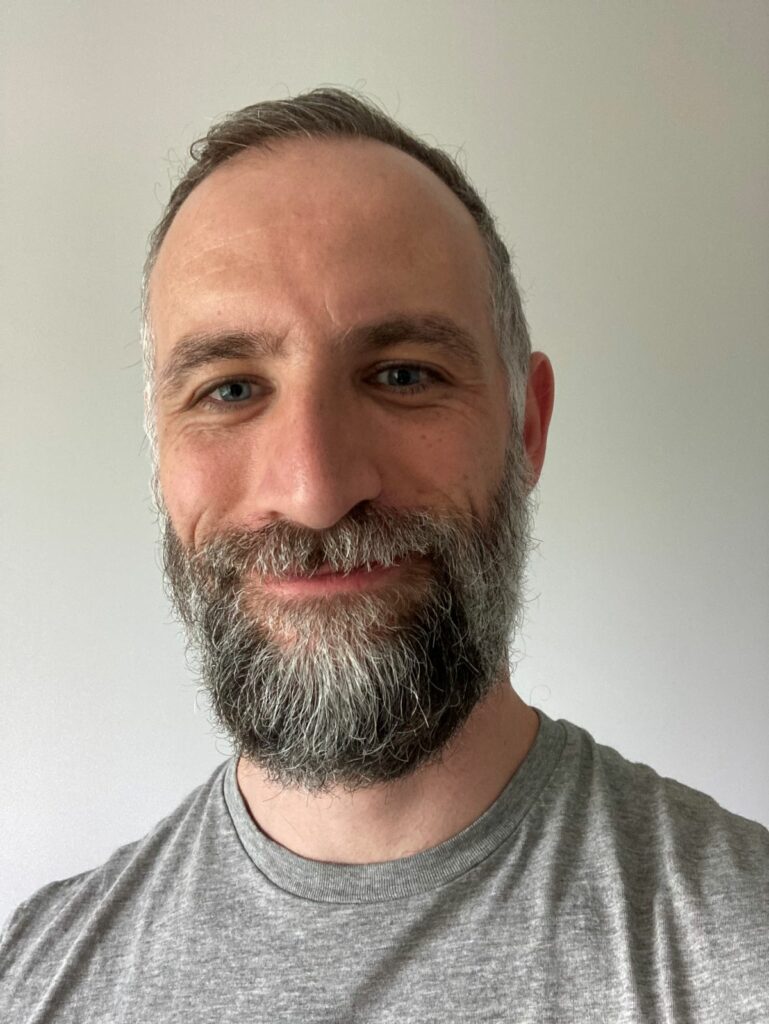
Media / Marketing Chair
Bruno Ferreira
(Portugal, Porto, INESC TEC / University of Porto)
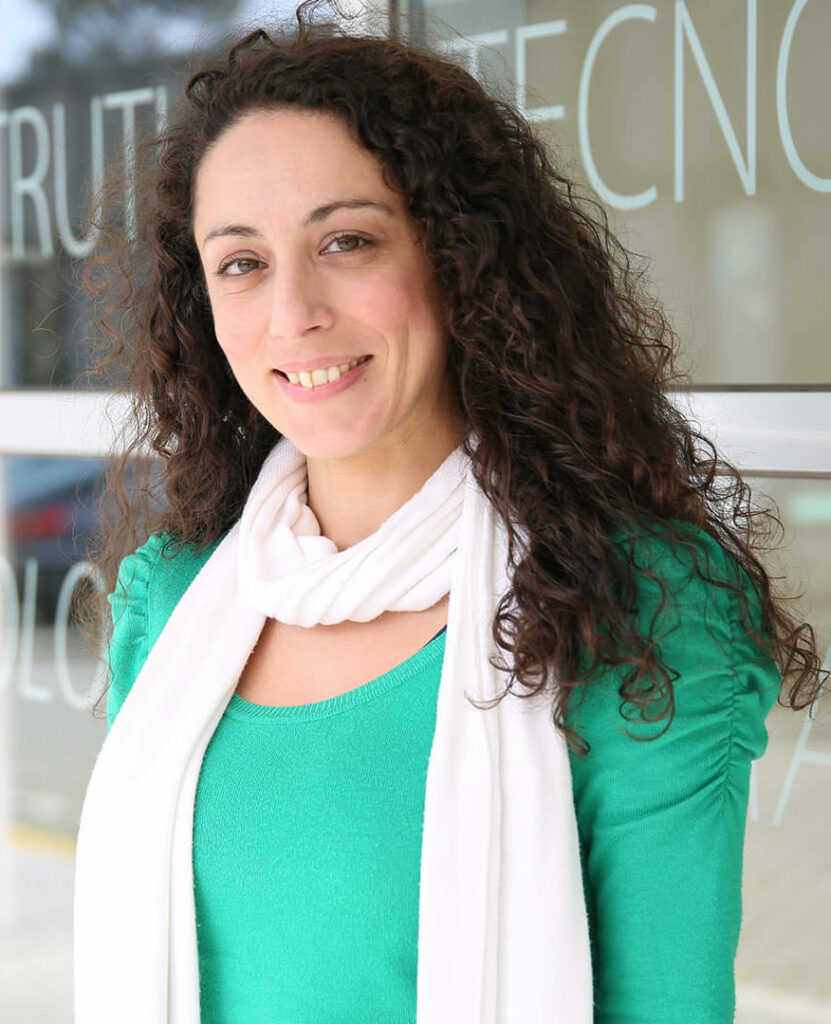
General Conference Secretary
Sílvia Pina
(Portugal, Porto, INESC TEC)

IFAC Young Author Award
José Arquel Ramos
(USA, Fort Lauderdale, Nova Southeastern University – NSU)

IFAC Conference Board Liason
Mario Sznaier
(USA, Boston, Northeastern University’s College of Engineering)
International Program Committee

IPC Chair
Guillaume Mércere
(France, Poitiers, Université de Poitiers)

IPC Vice-Chair
Javad Mohammadpour,
(USA, Clemson, Clemson University)
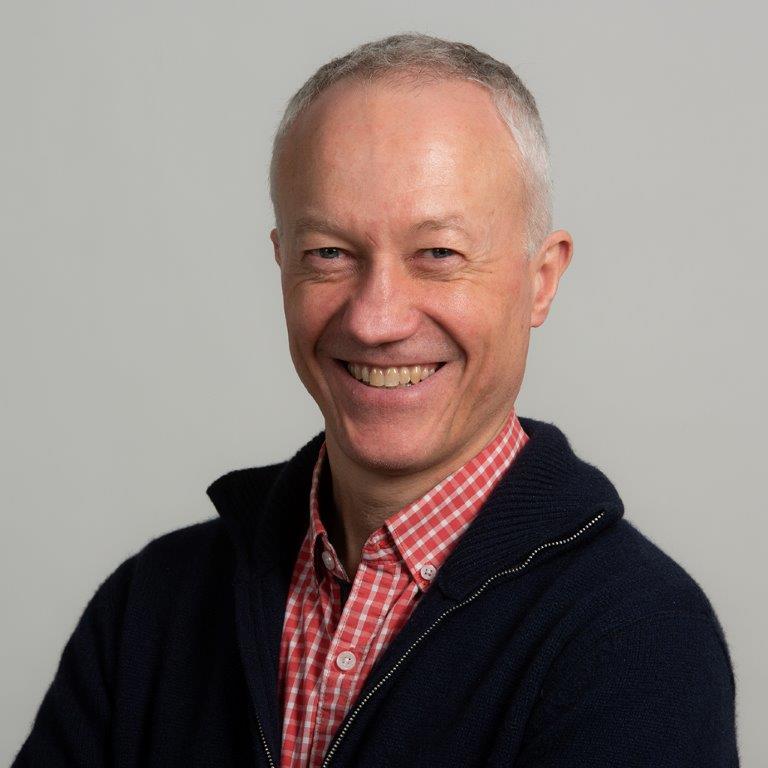
IPC Industry Vice-Chair
Olivier Sename,
(France, Grenoble, Université Grenoble Alpes)
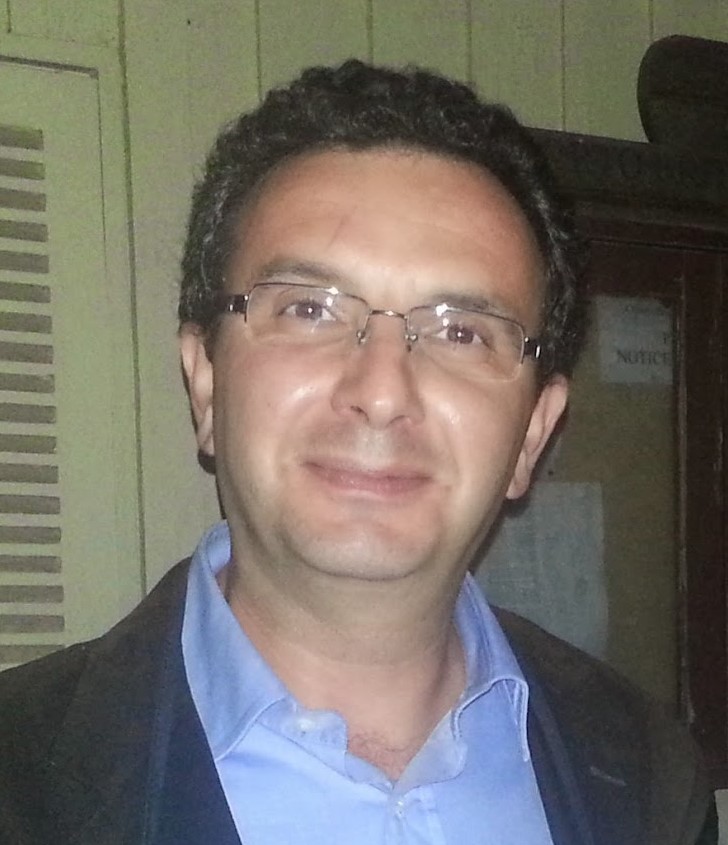
Program Editor / Co-editor
Fernando Fontes
(Portugal, Porto, University of Porto/SYSTEC
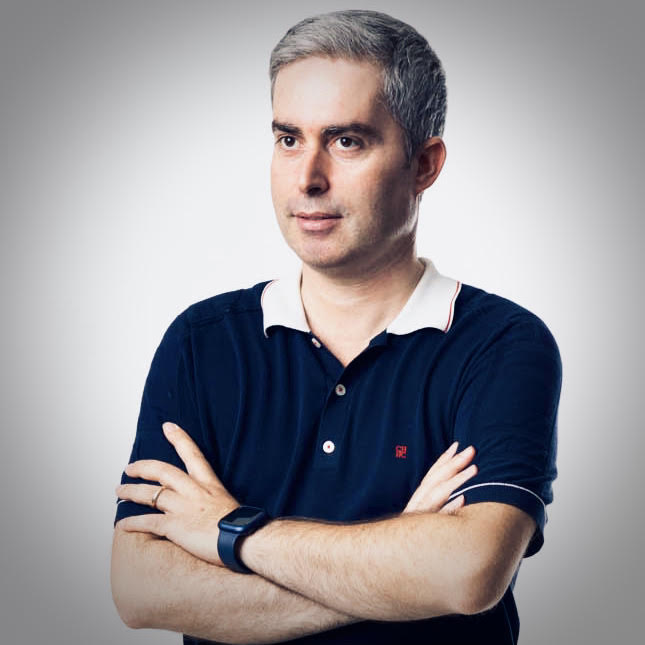
Luís Tiago Paiva
(Portugal, Porto, University of Porto)
IPC Members
Frank ALLGOWER (DE)
Corentin BRIAT (CH)
Giuseppe CONTE (IT)
Michel DAMBRINE (FR)
Peter GASPAR (HU)
João GOMES DA SILVA JR (BR)
Kevin GUELTON (FR)
Andres MARCOS (UK)
Gilles MILLERIOUX (FR)
Tom OOMEN (NL)
Vicenc PUIG (ES)
Rodrigo Alvite ROMANO (BR)
Ricardo S. SÁNCHEZ PEÑA (AR)
Peter SEILER (US)
Zoltan SZABO (HU)
Herbert WERNER (DE)
Spilious THEODOULIS (NL)
Sponsors
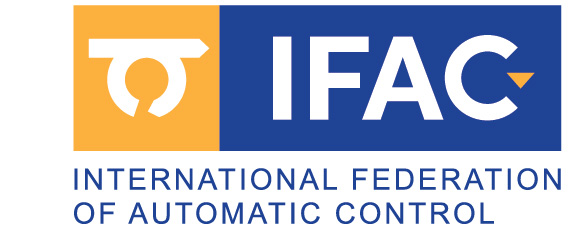
International Federation of Automatic Control
Main technical sponsor

Main technical sponsor

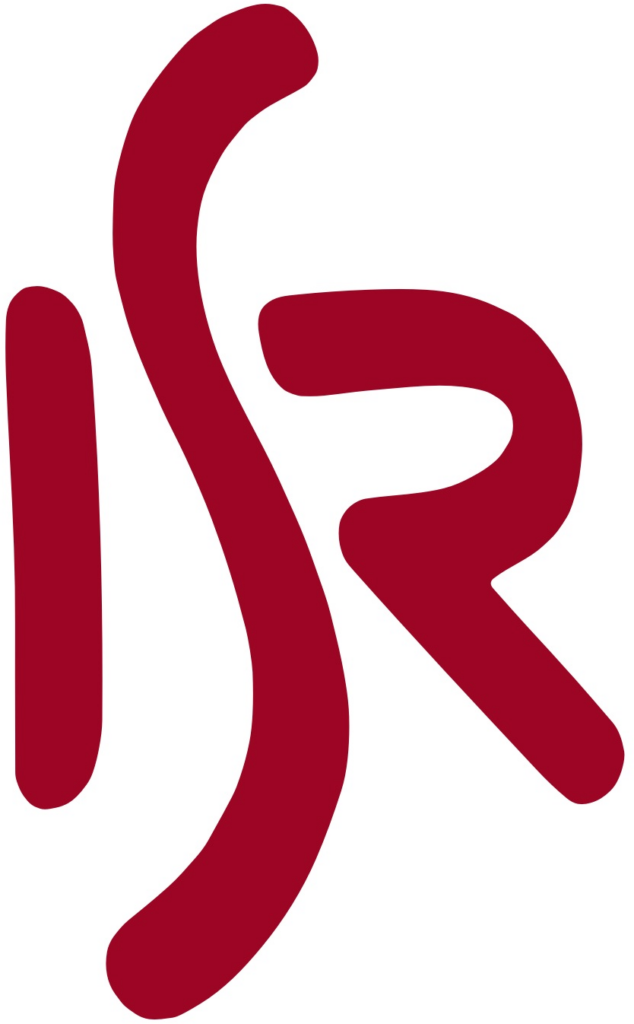
Main technical sponsor

Main technical sponsor
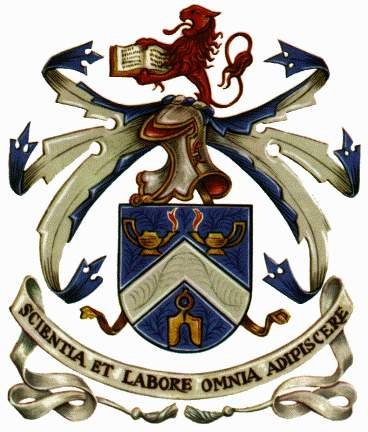
University of Trás-os-Montes e Alto Douro
Main technical sponsor
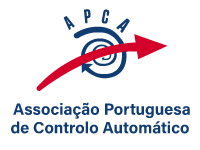
Portuguese Automatic Control Association (APCA)
Main technical sponsor

Main technical sponsor
Support
Main support
Diversity and Inclusion statement
IFAC, as an international federation serving and representing all those concerned with the theory and application of automatic control and systems engineering wherever situated, is devoted to creating and fostering an inclusive environment that is open to diverse thoughts, ideas, and communications, without fear of discrimination, harassment, or retaliation against any member of this community. It is committed to providing equal opportunities and a safe environment for every person who chooses to participate in its work. Additionally IFAC strives for these same principles for all IFAC activities, including technical events, journals, and its various committees and governing boards.
- IFAC actively promotes the inclusion of a diverse set of speakers, which will lead to more representative discussions across IFAC.
- IFAC actively promotes the inclusion of a diverse set of members of its boards and committees at all levels, which will lead to more representative decisions, policies and activities across IFAC.
More about IFAC Mission and Vision
Become An IFAC Affiliate
IFAC offers services dedicated to individuals who sign-up as IFAC Affiliates. The services include the possibility to share and consult information about other Affiliates. It also gives access to more advanced features such as :
- Receiving the IFAC Newsletter.
- Receiving alerts about the IFAC Conferences in your field/s of interest.
- Benefit for reduced registration fees at IFAC Conferences. Conferences are typically 10€ (or the local equivalent) less expensive for IFAC Affiliates, than for non-affiliates.
- Participating in IFAC Technical Activities.
- Organizing IFAC Conferences.
- Participating in IFAC Journals.
- Applying to IFAC Awards.
- Applying to the IFAC Activity fund.
- And more to come in the future.
Moreover, being an IFAC Affiliate is free of charge. Any individual who is interested in Control Engineering should sign up !

